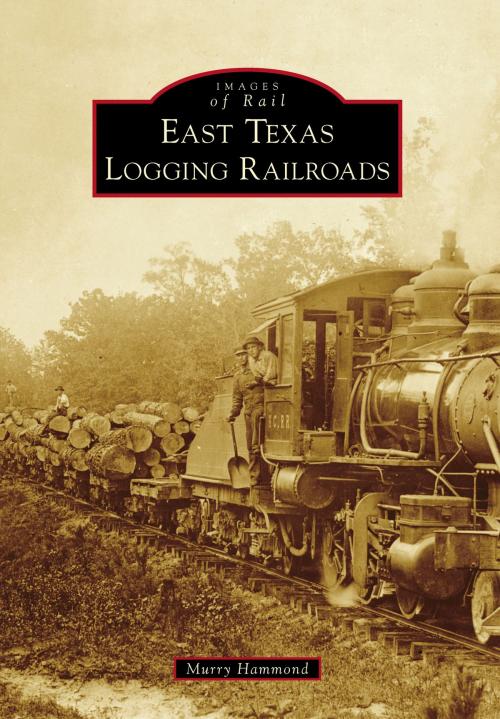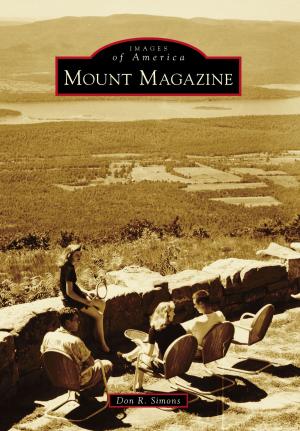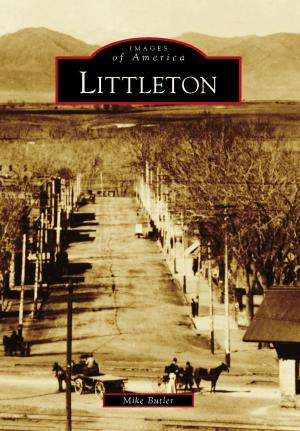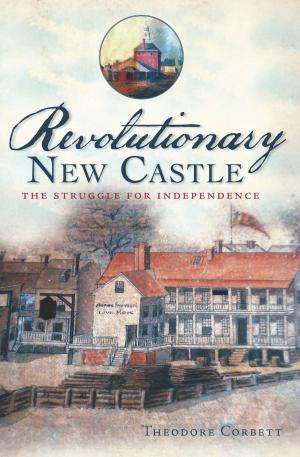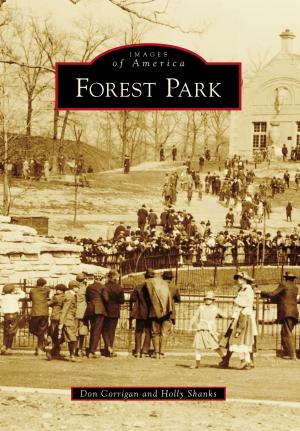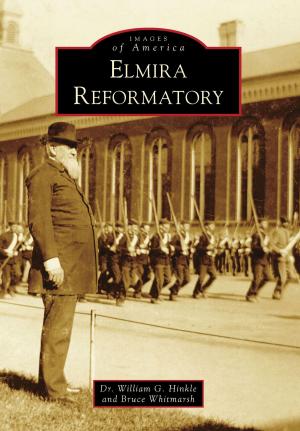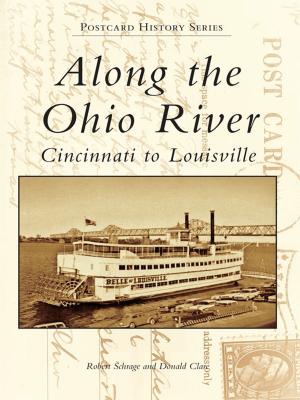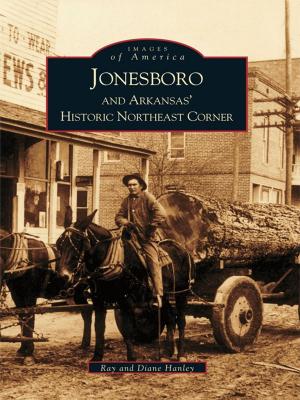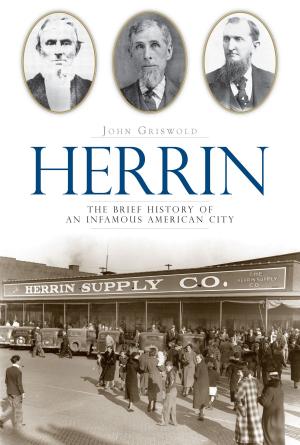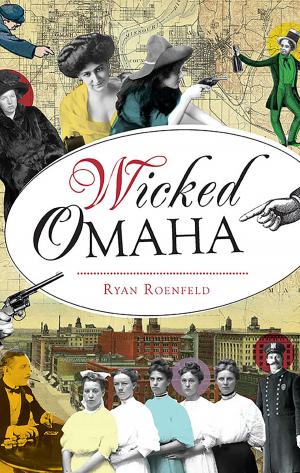East Texas Logging Railroads
Nonfiction, Reference & Language, Transportation, Railroads, History, Art & Architecture, Photography, Pictorials, Travel| Author: | Murry Hammond | ISBN: | 9781439655870 |
| Publisher: | Arcadia Publishing Inc. | Publication: | April 11, 2016 |
| Imprint: | Arcadia Publishing | Language: | English |
| Author: | Murry Hammond |
| ISBN: | 9781439655870 |
| Publisher: | Arcadia Publishing Inc. |
| Publication: | April 11, 2016 |
| Imprint: | Arcadia Publishing |
| Language: | English |
When the first logging railroad was built in Jasper County in the 1870s, the virgin East Texas forest spread across a vast area the size of Indiana. That first eight-mile logging line heralded a boom era of lumbering and railroading that would last well into the 20th century. Before the era was over, thousands of miles of logging railroads would be built, and hundreds of communities would spring up along their routes. As times changed, the mills closed and nearly all of the early rail lines were abandoned, but most of the communities they helped establish survived those changes and thrive into the present day.
When the first logging railroad was built in Jasper County in the 1870s, the virgin East Texas forest spread across a vast area the size of Indiana. That first eight-mile logging line heralded a boom era of lumbering and railroading that would last well into the 20th century. Before the era was over, thousands of miles of logging railroads would be built, and hundreds of communities would spring up along their routes. As times changed, the mills closed and nearly all of the early rail lines were abandoned, but most of the communities they helped establish survived those changes and thrive into the present day.
